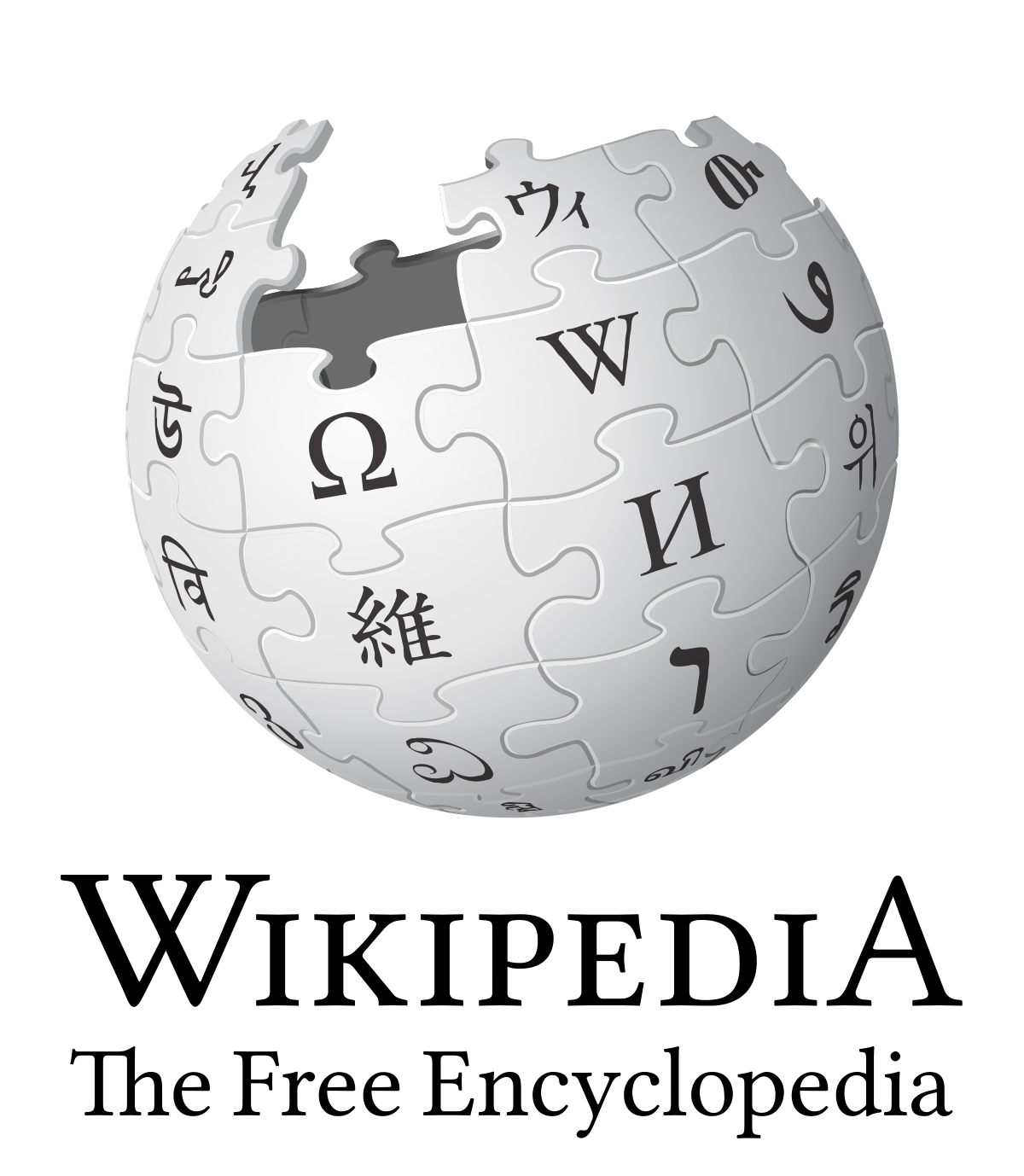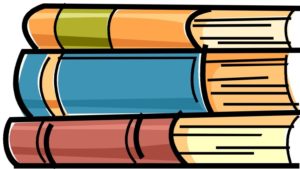1) Personal Webpage: LINK
2) About My Scholarship
My scholarship has moved from work on implicit moral rationality (in the 1990s), to moral education in the schools (late 1990s- early 2000s), to the neurobiology of moral development (mid 2000s to present), to the study of evolved parenting practices (presently), and the study of small-band hunter-gatherers who represent the type of society in which humans evolved (presently). My concerns are for developmental optimization and fulfilling human essence–communal imagination. I put some of this together in various articles and chapters (see “DOWNLOAD PAPERS“) but mostly in my 2014 book, Neurobiology and the Development of Human Morality: Evolution, Culture and Wisdom.
Collaborating with the MN Dept of Education, when I was at the University of Minnesota we had $1 million Character Education Partnership grant funds from the USDE to collaborate with school teams and develop a flexible approach to moral character education (“Community Voices and Character Education”). We aimed to help educators incorporate ethical skill development into regular academic instruction. An earlier version of the guidebooks we developed are downloadable for free from a link here: http://cee.nd.edu/curriculum/ and the later versions are purchasable as noted.
In that project we on the university team compiled the set of skills that comprise the skills toolkit for moral character plus the pedagogical approach that works best (novice-to-expert apprenticeship). We identified skills and subskills and organized them by four levels of expertise development. We also made suggestions for supportive climate elements for each skill as well as student self-monitoring. The teams of educators took this information and adapted it for their own circumstances (selecting which skills to work on and which teachers would implement them). This made it hard to evaluate since every school did things differently and we had troubles with pre-post testing during the evaluation year (I had moved to ND) but we got a publication (Narvaez et al., 2004). Reanalyses were done in Narvaez (2012).
The Integrative Ethical Education model (IEE,) developed after I moved to Notre Dame from the U of MN, put everything into five basic steps.
3) Wikipedia Page: LINK
4) About My Spouse, Dan Lapsley: LINK
5) Darcia’s Favorite Books (always under construction, in no particular order)
WHO ARE HUMANS? WHAT ARE OUR HERITAGES?
Douglas Fry, 2006: The Human Potential for Peace: 2013: War, Peace and Human Nature
with Riane Eisler, 2019: Nurturing Our Humanity
Marshall Sahlins, 2008, The Western Illusion of Human Nature
Sarah Hrdy, 2009, Mothers and Others
Melvin Konner, The Tangled Wing; 2010: The Evolution of Childhood
Calvin Luther Martin, 1999: The Way of the Human Being
Everything by primatologist, Frans de Waal
Writings by Tim Ingold, e.g., The Perception of the Environment: Essays on Livelihood, Dwelling and Skill
Zerzan, John (2018) A people’s history of civilization. Port Townsend, WA: Feral House.
Everything by anthropologist Ashley Montagu
HUMAN DEVELOPMENT (normal and optimal)
Barry Hewlett & Michael Lamb (editors), 2005: Hunter-Gatherer Childhoods
All of Allan Schore’s work
NEUROBIOLOGICAL DEVELOPMENT AND FUNCTION
Ian McGilchrist, The Master and His Emissary
Wilma Koutstaal, The Agile Mind
Jaal Panksepp, Affective Neuroscience
QUESTIONS OF LIVING A GOOD LIFE
Alfred North Whitehead: Process Philosophy;The Aims of Education
Everything by philosopher, Mary Midgley
Everything by philosopher, Mark Johnson
Everything by philosopher, John Dewey
Maurice Berman, Wandering God
Marvin Bram, A History of Humanity
Andreas Weber, Enlivenment
EDUCATION ISSUES
Carol Dweck, Mindset
Writings by Four Arrows, e.g., Teaching Truly
The Hundred Languages of Children
Gray, Peter (2013). Free to learn: Why unleashing the instinct to play will make our children happier, more self-reliant and better students for life. New York: Basic Books
All books by David Orr
PARENTING and CHILD CARE
Hughes, D. A., & Baylin, J. (2012). Brain-based parenting: The neuroscience of caregiving for healthy attachment. New York, NY: Norton.
Hammond, Ruth Anne (2019). Respecting babies: A new look at Magda Gerber’s RIE Approach. Washington, D.C.: Zero to Three.
Jean Liedloff, The Continuum Concept
RESTORING OUR HUMANITY
Mark Bekoff, Rewilding Our Hearts; Interview about the book
Everything by Paul Shepard
Everything by anthropologist Colin Turnbull, especially, The Human Cycle.
INDIGENOUS WISDOM
Cajete, Greg (2000). Native science. Santa Fe: Clear Light Publishers.
Forbes, Jack D. (2008). Columbus and other cannibals: The wétiko disease of exploitation, imperialism, and terrorism, rev ed. New York: Seven Stories Press.
Peat, F.D. (2001). Blackfoot physics. Boston, MA: Weiser Books.
Everything by anthropologist Tim Ingold, especially The Perception of the Environment.
Philippe Descola, Beyond Nature and Culture
PSYCHOLOGY
David W. Kidner, Nature and Psyche
INSPIRATIONAL
Everything by poet, Mary Oliver
Everything by Thomas Berry



